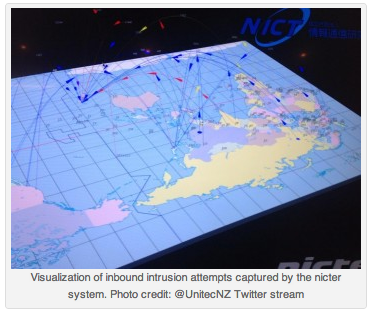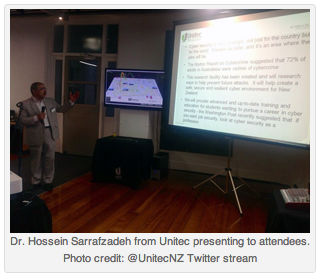The Mako System
The Mako System is a PCI-certified, cloud-managed, carrier-independent networking solution that makes it easy to connect and manage thousands of global sites in a high-performance business network that is secure, reliable, scalable and cost-effective. It consists of two parts: the Mako CMS management application and a range of managed Mako devices.























